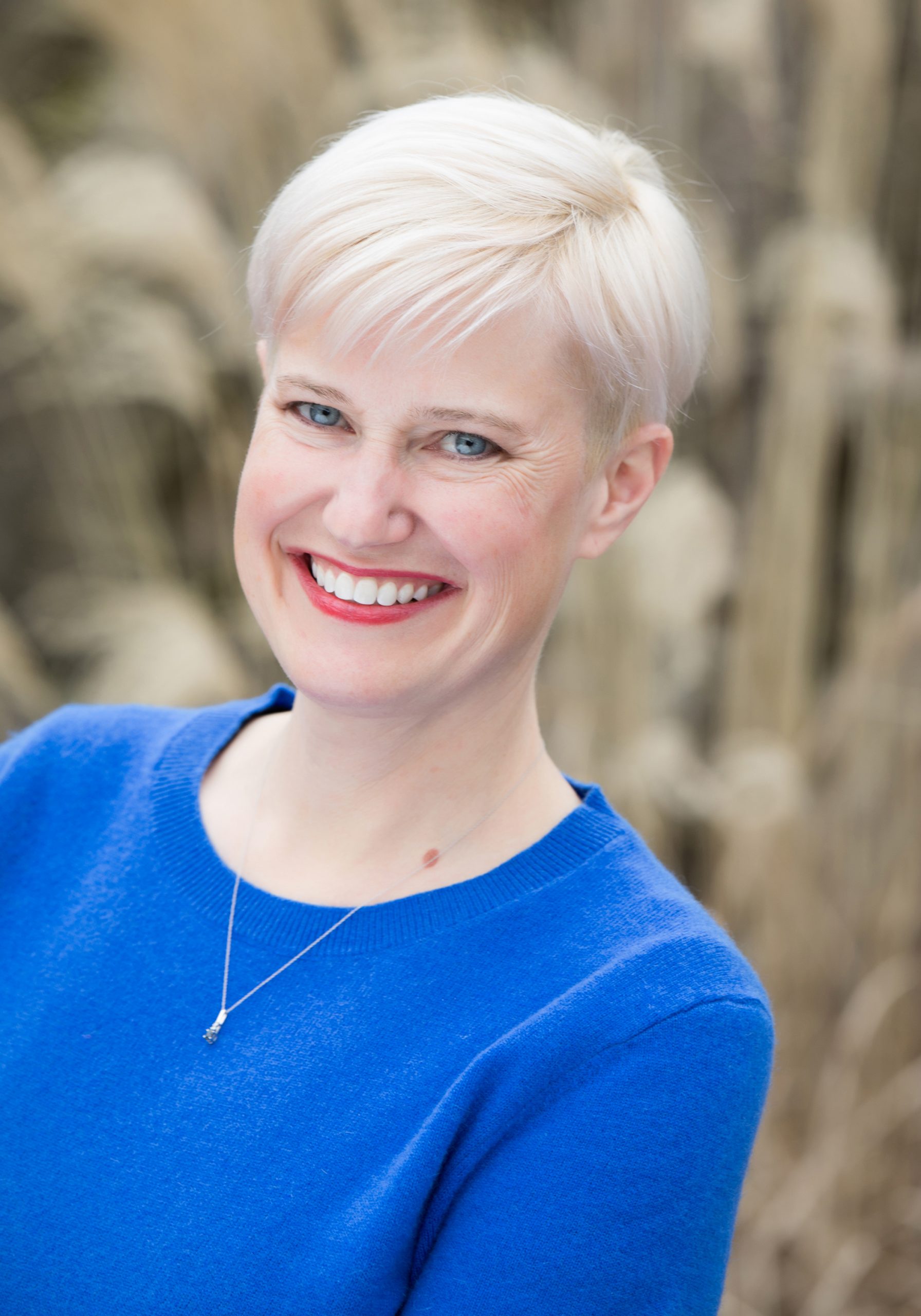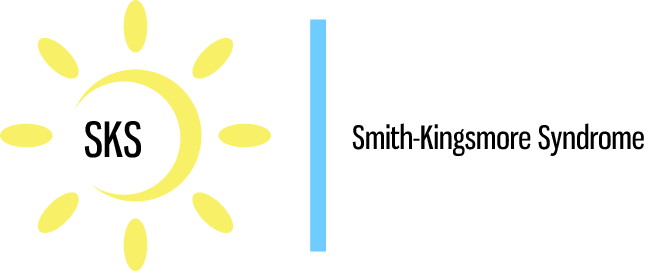The Life You Didn’t Choose: Navigating The Terrain Of A New Normal (Part I)
When events leave you no other choice.

When your world collapses, nothing seems to matter. Basic hygiene becomes an accomplishment, instead of the prelude to accomplishments. You wonder how early is too early to go to bed and you look forward to sinking into oblivion. That is, if you’re feeling depressed, not anxious. If anxiety takes hold, then it’s an all-night vigil with just you and your thoughts.
Yet you still brush your teeth. Pay your bills to keep the lights on, the water running. Go through the motions. And all the while you gaze towards the land where things were “normal,” where you were “normal.” The place you lived before everything changed.
Our culture encourages everyone to bury their grief and pretend things are fine. So you may feel like a failure if you’re struggling to function. I know I did at first. The last thing I felt like doing was following social niceties. Because on December 8, 2003, we were told by a doctor that our son Jack had severe cognitive and physical challenges of unknown origins and would never live independently.
But facing your sorrow with self-compassion is critical to eventually inhabiting this new reality with peace. True, this is a life you did not choose, but it is the life you were given nonetheless. There is a difference between self-reflection and wallowing, of course. That’s what many people fear, I think.
But really, it’s quite the opposite: if you work towards finding harmony within yourself, you’ll be able to dwell in your new reality with an open heart and renewed purpose outside of your pain.
I’ve thought about this topic a lot lately, especially since there are those close to me in my life, as well as countless others in the news, who are suffering staggering losses much harder than mine: loss of a loved one, loss of their health, loss of their dreams of how their lives will unfold.
Like us, they have become the Name, You know, the one who… And they too begin the journey of adjustment. I pray for them and send them strength. So this post is for all of us whose worlds have been turned upside-down. I write from the perspective of a special needs parent, which has its own particular flavor of sorrow, but as I’ve gotten older, I realize that grief, isolating though it may feel, is universal. It is a part of life, one manifestation of the human condition, not unique to a particular circumstance.
The dates, the details, the diagnosis or lack thereof may differ among us, but the essential truth of the feelings remains the same:
Essentially, it all boils down to this: your world is rocked and you are left mute by the force of your despair.
When you first share the news, everyone is as stunned as you are. You cry, and everyone else cries too. They listen to your endless recitation of what happened at the pediatrician’s, how you found out, the diagnosis if you have one, the prognosis even if you don’t. Reciting the story over and over again still doesn’t make it real. You hug and take comfort in your family and friends, grateful for their love.
But after the initial shock, life moves forward…for everyone else. They’ve accepted that you have joined the ranks of a different club that no one wants to join. Your name expands when people mention you to others in conversation. You suddenly get an unwanted promotion from just Name, to Name, you know, the one I was telling you about who has that poor child... Forget about any of your other personality traits, career choices, accomplishments. This is now your moniker, (your label?), you’re the one who has that child.
Yet you understand this. Heck, before your life changed, you would’ve used that shorthand for others, so you totally get it. You don’t blame anyone. But it hurts all the same. Because now it is you.
At first, you’ll find yourself hiding out from the world. In the safety of your home, you can try and forget the visions you had for your family, what life was going to be. But then you eventually get claustrophobic, the walls closing in on you, boredom.
You convince yourself that you need to get out with your family. And do what other families do so you can feel normal. So you get out, vulnerable as a newly hatched chick, at the mercy of onlookers, both real and imagined. You scan your surroundings like a hunted animal, posture rigid, wary of your child creating any “scenes.” You feel eyes upon you and your family.
People remember meeting you, yet sometimes, embarrassingly, you introduce yourself to them multiple times. Because in public you are half-distracted by corralling your child, finding exit strategies, and supporting your typically developing child, who cringes at the stares.
Unbeknownst to you, you’ve become the goodwill ambassador for special needs families everywhere, a job you didn’t sign up for. But on the good days you do want to help promote awareness. And live up to everyone’s expectations of having patience and dignity, traits often kindly bestowed on families like us.
But on bad days you just want to hide, to blend in. Like when I just want to go to the damn grocery store and dash in without it having to be a “thing” executed with military precision, with strangers avidly watching me pull Jack off the ground for the umpteenth time. Because he decided the sensory input of his tongue against the cool lineoleum’d floor was exactly what he needed. (True story). I wrestle him to standing, trying to ignore my intrusive thoughts of germs and filth and God-knows –what-else covering the ground at my local Kroger’s.
Over time you’ll get used to the looks and not notice them (as much). And you’ll realize most of the stares are not cruel or judgmental, just curious or sympathetic. Or even empathetic. Because there will be some who will whisper to you, as you wrangle your child from place to place in the community, Hang in there. I know how you feel, my kid has autism, or Downs Syndrome or any variety of syndromes that veers a child away from what’s typical. They’re part of your club, their eyes are knowing.
You will be amazed about people. The obtuseness of some, yes, but you will also encounter kindness and generosity of spirit beyond your wildest dreams. You will shed some relationships like an old skin, a casualty of this new life. Yet those relationships that remain will deepen.
We can dwell on the loss of some superficial relationships or on the times someone says something insensitive, but I don’t recommend it. Instead, we can use those times to highlight and appreciate those who do provide the tact, love and solace we seek. Some of these people will be friends, some will be family, and some will be the professionals we encounter along the way.
Most will not be in our boat, but that they try to understand how we feel means the world. Those who ask you how you’re doing and really want to know the answer. Bask in their warmth and treasure this gift of human connection.
And then pass that along. We can love and support others in their pain by remembering the darkness we also have faced. Let’s walk beside them and give of ourselves. Others’ suffering can be different, but let’s listen with an open heart, sitting together in the darkness, holding their hand, not saying a word.

I’m the mom of 2 great young adults, as well as of a very spoiled plott hound named Bubba Sue. I grew up in New Jersey, but have lived in the Cincinnati, OH area for the past 18 years. My husband Mike and I have been married for long enough not to look like our wedding pictures, but even after all these years, he still makes me laugh. After 15 years of questions and no answers, Jack got a diagnosis of Smith-Kingsmore Syndrome. I wanted to write this blog to help special needs families know they are not alone.
